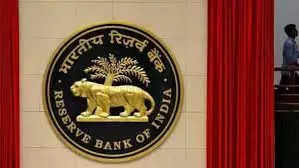 The minutes of the Reserve Bank of India‘s Monetary Policy Committee meeting, released on August 20, show that concerns were raised about rising fuel prices.
The minutes of the Reserve Bank of India‘s Monetary Policy Committee meeting, released on August 20, show that concerns were raised about rising fuel prices.
One member, JR Varma, voted to raise the reverse repo rate on the back of those fears.
The Indian government’s move to pass on the costs of global crude oil onto its citizens has raised concerns of inflation, as taxes remain unchanged.
“Inflationary pressures are beginning to show signs of greater persistence than expected; treating five percent as the target would significantly increase the risk of inflation targeting ventures,” said Varma.
Varma is not the only one concerned by the rise in fuel rates, even RBI Governor Shaktikanta Das expressed doubts back in February.
“It’s not just that passengers who use cars and bikes. High fuel prices also have an impact on the cost of manufacturing, transportation and other aspects,” Das had said.
The RBI has been forced to halt the rate cuts they planned, with inflationary pressures continuing to rise. In July, the country’s wholesale inflation continued to remain in the double digits. Retail inflation, however, dropped within the RBI’s bounds after months.
“Persistent high inflation means that the monetary accommodation has to be somewhat restrained and, therefore, I argued for raising money market rates towards the repo rate of 4%,” Varma added.
The rise in inflation is being attributed to an excise duty hike, with RBI’s Executive Director, Mridul Saggar, estimating a 60-80 basis point jump due to it.